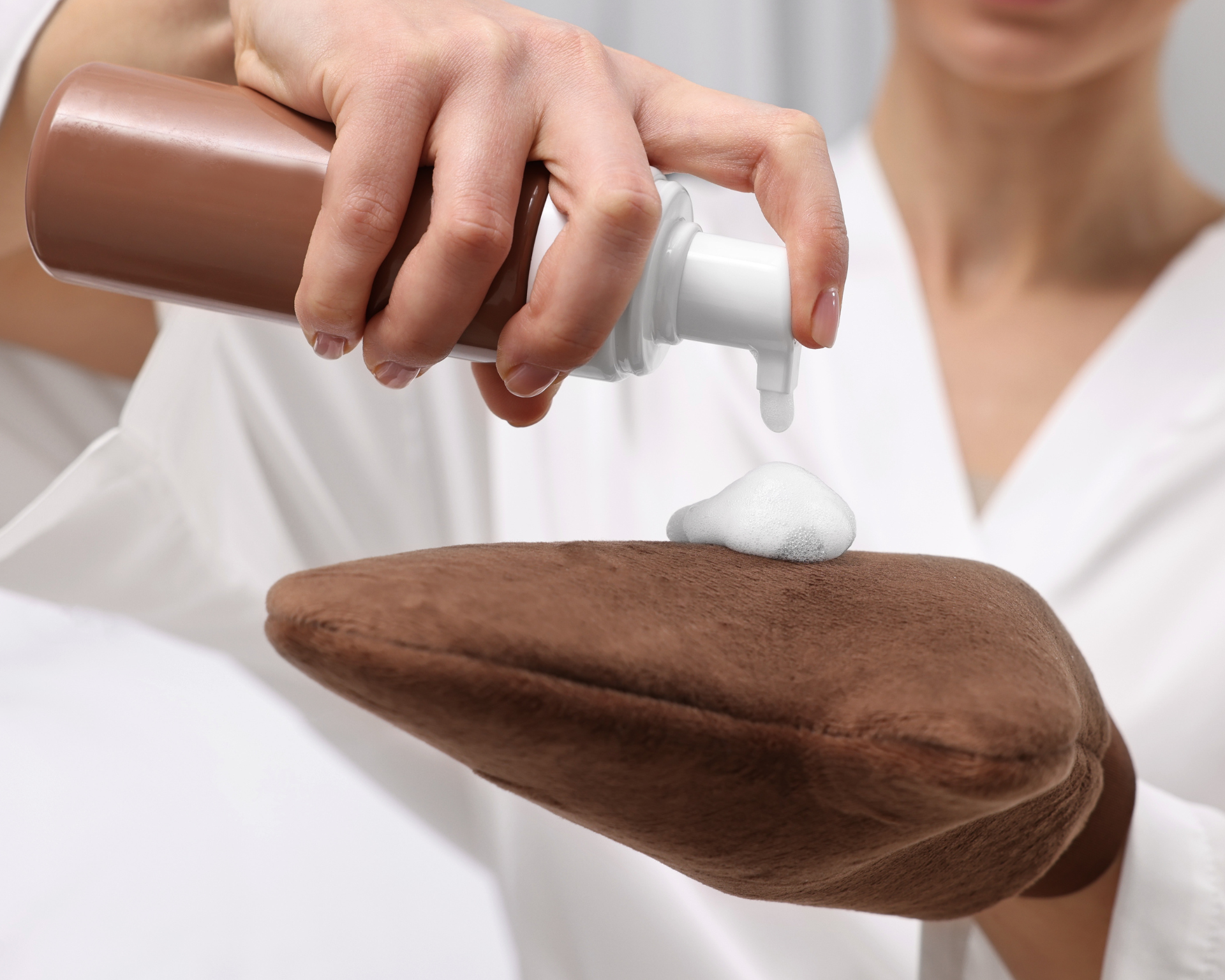Essential Oils and Our Health
Essential oils need to be researched, regulated for quality, and checked for safety and accurate labeling.

Read Time: 4 minutes
Published:
Essential oils are everywhere. Over the past decade, the plant-derived chemical compounds have skyrocketed in popularity beyond use for home fragrance. More than 90 different oils are increasingly marketed by US companies as natural home remedies for a long list of ailments including pain, anxiety, stress, arthritis, high blood pressure, autism, and cancer. Sellers have gone as far to claim essential oils can cure Ebola and Covid-19.
What do we actually know about the curative properties of these aromatic extracts? Are they true treatments or snake oil? Are they healing or harmful?
Although used in homeopathic circles for centuries, essential oils remain largely understudied. What we do know about their medicinal properties suggests they possess both promising health benefits and the potential to cause serious harm. Multiple oils have proven capable of killing bacteria, viruses, and fungus. Chamomile, eucalyptus, rosemary, and lavender oil seem to have anti-inflammatory properties. Lemon extract has been found to increase heart rate, while lavender appears capable of lowering it. Extracts from the plant St. John’s Wart show potential in easing symptoms of mild depression.
When a product or natural resource is found to have potential health benefits, it does not necessarily mean it is ready or safe for marketing and use. The same molecular properties that allow essential oils to damage the cells of our microbial foes may mean they can damage our cells and negatively alter our physiology.
Serious adverse effects of ingesting, inhaling, or directly applying essential oils to skin are rare but have been reported and include poisoning, loss of pregnancy, breathing trouble, liver damage, and death. Multiple essential oils, including lavender and tea tree oil, have endocrine-disrupting properties, placing them in a category with chemicals like BPA and PFAS. Endocrine-disrupting essential oils have been linked to abnormal breast growth in kids as young as eight years old.
The fraudulent health claims of some essential oil companies violate the Federal Food, Drug, and Cosmetic Act and have not gone unnoticed.
The problem is that with medicinal power comes regulatory responsibility. If an essential oil has medicinal properties, clinical studies are still needed to standardize dosing and to understand positive and negative health effects. Then, proper regulation is needed to ensure safe production and distribution.
This is not happening.
Much of the recent rise in claims of medicinal benefits comes from multi-level marketing (MLM) companies that recruit distributors who are not health professionals. The companies themselves are not licensed health care providers disseminating fact-checked information about the health benefits of oils. They are private businesses seeking a profit, successfully so, as some marketers make billions of dollars every year. The founder of Young Living Essential Oils, one of the popular MLM companies, has a criminal history of practicing medicine without a license.
Essential oil MLMs currently skirt FDA regulations by categorizing their products as dietary supplements rather than pharmaceutical drugs, despite marketing their creations as treatments. Dietary supplements are not held to the same safety or effectiveness standards as medicines.
Even if the oils do not cause direct physical harm, their use may delay needed medical care. Sticking to home treatment with essential oils, when prompt medical attention is needed can be, and has been, fatal. If a parent delays needed treatment for their child, that choice may also be criminal.
The fraudulent health claims of some essential oil companies violate the Federal Food, Drug, and Cosmetic Act and have not gone unnoticed. The FDA has sent a number of warning letters to essential oil companies, including Young Living, doTERRA, Hopewell, Ingenue Care, and Careful Cents. The FDA gives companies two options; either rein in their misleading medicinal claims or agree to classify their product as a drug and go through the proper steps of monitoring for adverse effects, determining adequate dosage, and testing for cross-reactivity with other drugs as is done to legally distribute medication.
If companies wish to capitalize on the potential health benefits of essential oils, fine. But they don’t deserve a regulatory free pass. Essential oils need to be researched, regulated for quality, and checked for safety and accurate labeling. Doing so will both ensure consumers are getting the maximum health benefits from products while protecting consumers from harm.



